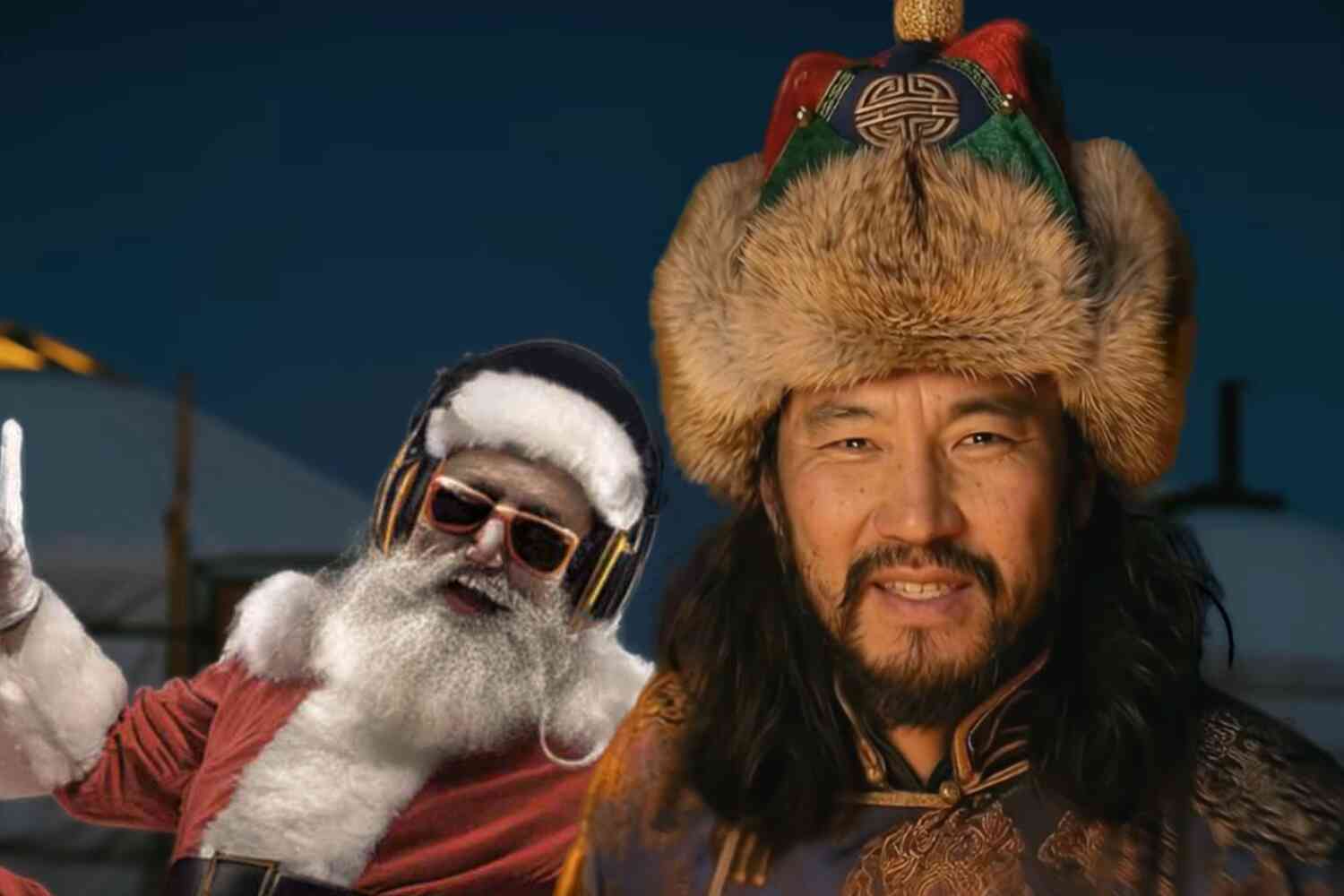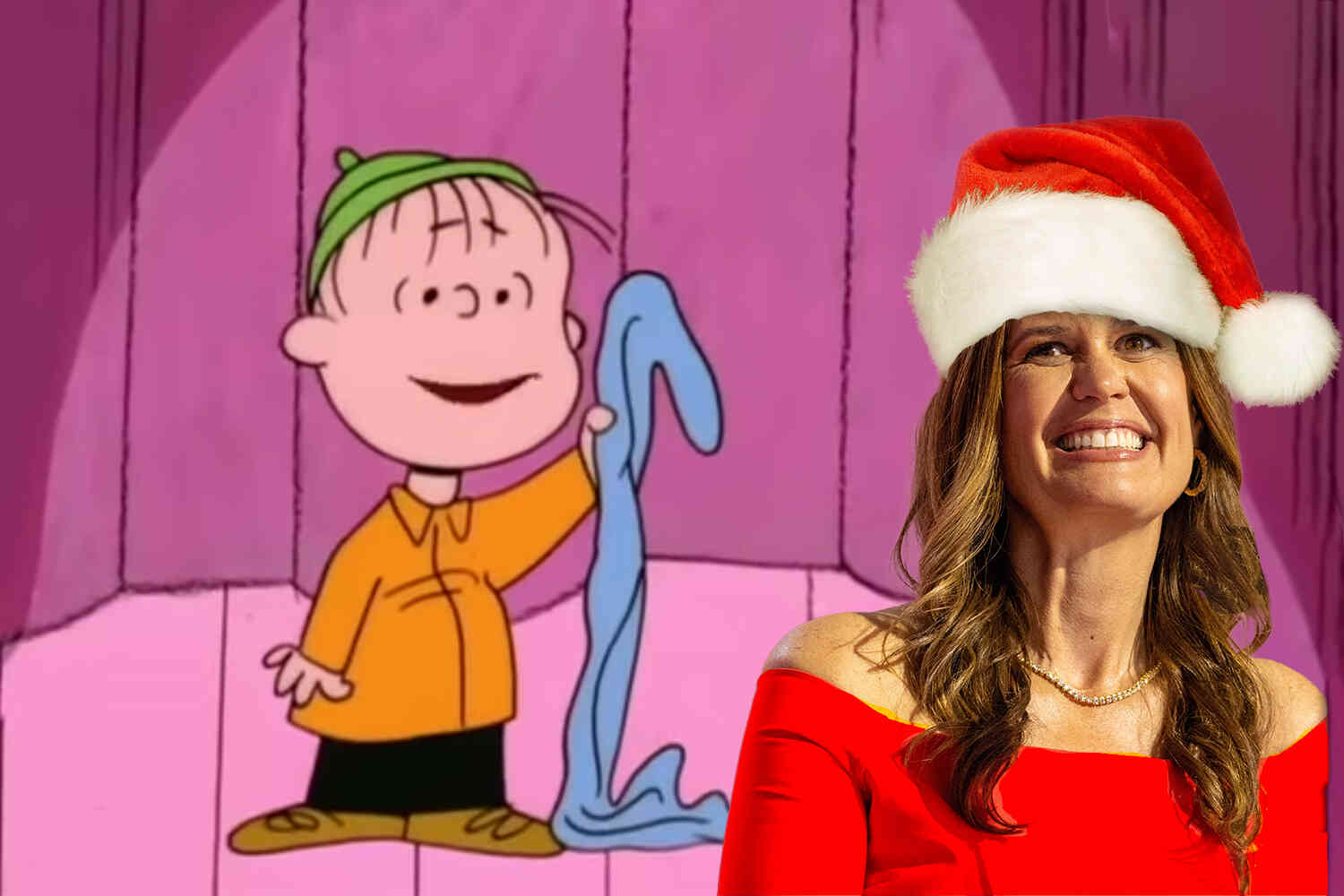There is an old trick that people use to create the illusion that they are smarter than they really are:
Make very simple things complicated.
Common examples of this include using a five-syllable word where a two-syllable word would suffice, or the employment of elaborate or arcane vocabulary, often improperly and to great comedic effect.
Occasionally people will even add extra syllables where none are needed, which is where extraneous prefixes and suffixes come from that are not only unnecessary but can run the risk of changing the meaning of a word to the opposite of what was intended. This is where words like "irregardless" and "problematical" come from.
Equally common is an over-reliance on jargon. If you've ever sat through a PowerPoint presentation made by a recent business grad you too have had your brain cells fleeing in terror from the onslaught of cross-disciplinary synergies, silo-busting paradigms, and blue-ocean SWOT assessments.
I think we may all be guilty of this from time to time. I certainly am, and try to catch myself whenever I start to engage in sesquipedalian prose irregardless as to its applicability to the paradigm.
The same thing is taking place with insecure math educators across the country, the ones trying to justify how 2+2 could in fact =5.
There's a subtlety there I should highlight. The contention is not that 2+2=5. The contention is that 2+2 could =5. Or anything else, really. The former is patently ridiculous. The latter is, too, but also much more dangerous as it is an attack on objective truth, it is bringing the concept of deconstruction to mathematics.
What is deconstruction? As James Lindsay describes it,
Deconstruction in its purest form was a practice of reading in order to pick apart the binary oppositions by which we understand our world—fact and fiction, science and art, male and female—to be radically skeptical of categories on principle, and to doubt that words could ever refer straightforwardly to things in the real world or convey stable meaning.
I recall when deconstructionism swept the world of literary, film, and art criticism in the 1980s, and was horrified at the manner in which it rejected the notion of the existence of objective truth and elevated the observer to the role of arbiter of what is or is not truth, rather than the creator. In other words, works could mean whatever you wanted them to mean.
(I believe this laid the foundation for the concept of "lived experience" or "my reality" being more important than, you know, "reality." It's also where the notion of offense being taken is elevated over whether the offense was intended.)
That was harmless as far as it went. I don't particularly care if you think an Imperial Star Destroyer could take out the USS Enterprise because it doesn't really matter and also you are wrong.
However it didn't end there.
The notion went on to infect pretty much every other academic discipline and in many ways forms the intellectual underpinnings of wokism. Everything is a social construct. All the things you believe are simply power systems put in place to further the hegemony of the dominant culture.
It always plays out the same.
First they came for the authors, and I did not speak out— Because I was not an author.
Then they came for the historians, and I did not speak out— Because I was not an historian.
Then they came for the scientist, and I did not speak out— Because I was not a scientist.
Then they came for mathematics—and there was no one left to speak for math.
Math may have been the last stronghold, but no more. Even math, the one discipline that genuinely resides outside the scope of humans and that in its purest form is wholly objective, is under assault.
Why? Back to Lindsay.
There's no other reason to deny something so fundamental as "2+2=4" than to generate precisely this kind of confusion, and then into that confusion it is repeatedly asserted that "objectivity" in mathematics, even elementary arithmetic, is the kind of illusion that the powerful delude themselves and others into believing so that they can exclude other possibilities.
I should note that there is a place for discussing how culture influences the application of math.
Keith Devlin, a mathematician of some renown wrote a piece this past August addressing the controversy titled "Of Course, 2 + 2 = 4 is Cultural. That Doesn't Mean the Sum Could be Anything Else".
After calling everyone who disagrees with him stupid, he actually made a sound argument: 2+2 does =4, but the application of math is affected by culture.
True enough, what math is focused on, how it is used in real life, has cultural elements but he unwittingly became the useful idiot for those who are not making that argument.
Not only are math educators arguing that 2+2 does not have to equal 4, they are doing so to promote an agenda, to further the deconstruction of everything and to, you guessed it, fight for social justice.
A few examples.
Nope, the idea that 2+2 equaling 4 is cultural because of Western imperialism/colonization, we think of it as the only way of knowing.
Before she deleted her account at some point in the last few months (and had protected her tweets since July at least), Marshall was a,
she/her, teacher, scholar, social justice change agent, Chicagoan, PhD student, architecture enthusiast, wannabe math person, BLM always..
She created a new account, changing her bio a bit.
she/her, teacher, scholar, Chicagoan, PhD student Rutgers GSE, math ed person, architecture enthusiast, #Blackgirlhood, #illinoisalma #ncstate #BLM
She continued to defend her position, being unfailingly polite, but clearly frustrated we just weren't getting it.
This is where purported mathematicians lose their focus.
Do the people in Papua New Guinea count differently from us?
In Alamblak, a language of Papua New Guinea, there are only words for 1, 2, 5, and 20, and all other numbers are built out of those. So 14 is (5×2)+2+2, or tir hosfi hosfihosf, and 59 is (20×2)+(5x(2+1))+(2+2) or yima hosfi tir hosfirpati hosfihosf.
Yes, they do, but as Devlin already pointed out above, using their symbols, 2+2 still equals 4.
It's the equivalent of saying Spanish-speaking people don't believe two plus two equals four but rather that dos más dos es igual a cuatro.
The Japanese use different numbering systems depending on the characteristics of the object. Long skinny things are counted using different words from wide things.
But 2 long skinny things plus 2 long skinny things still equals 4 long skinny things.
If you really wanted to be an anthropologist or a linguist, maybe you should have majored in that instead.
Would you want to fly on a plane designed using metaphors?
2+2 = 5?
It "starts an awesome discussion."
Like, "why am I failing math?"
2+2 = 4?
Stop being so stubborn!
Instead, insist that 2+2 = 5, because it's particularly elegant to live in a fantasy world of your own making.
I mean, he drew pictures and everything!
Incidentally, he's an "Award Winning Teacher!"
Not in math.
Harmony Educator Award Winning Teacher for Equity & Social Justice. OSSTF Chair Human Rights Committee. Lead Guidance. HBSc. BEd.
He is an educator, though.
As he wrote back in July:
"I'm an education worker and I'm scared"
So are we all, Derik, so are we all.
Interesting example. Could be economics. Could be ethics.
But math? No.
Incidentally, Mitchell blocked me at some point.
I honestly don't remember ever having any exchange with this person.
Maybe it was preemptive!
To be completely fair to the mathematicians using arithmetic to fight imperialism, they just might have a point from time to time.
Decolonize English measurements!
I probably shouldn't encourage them.
Incidentally, if you have some time it's worth diving into the comment threads on any of these. The amount of push back is both epic and encouraging.
George Orwell's dystopian novel, 1984, is referenced so often these days it's become a trope, but it is referenced with good reason.
"The heresy of heresies was common sense. And what was terrifying was not that they would kill you for thinking otherwise, but that they might be right. For, after all, how do we know that two and two make four? Or that the force of gravity works? Or that the past is unchangeable? If both the past and the external world exist only in the mind, and if the mind itself is controllable—what then?"
"Freedom is the freedom to say that 2+2=4. If that is granted, all else follows" -George Orwell, Nineteen Eighty-Four
In other news, China's math majors are focusing on, get this, math.









